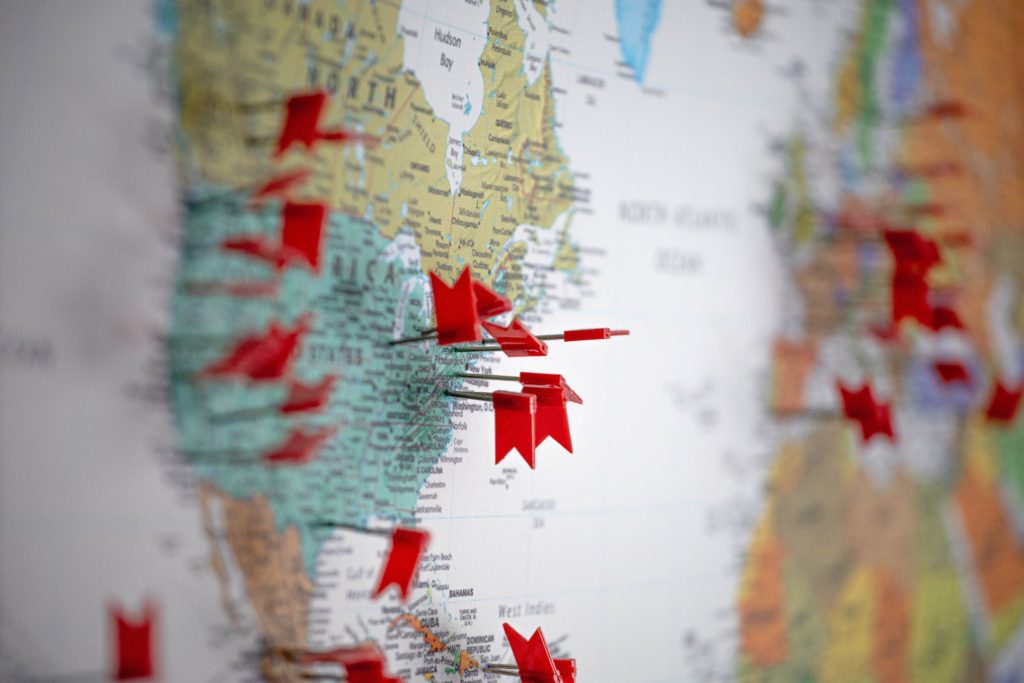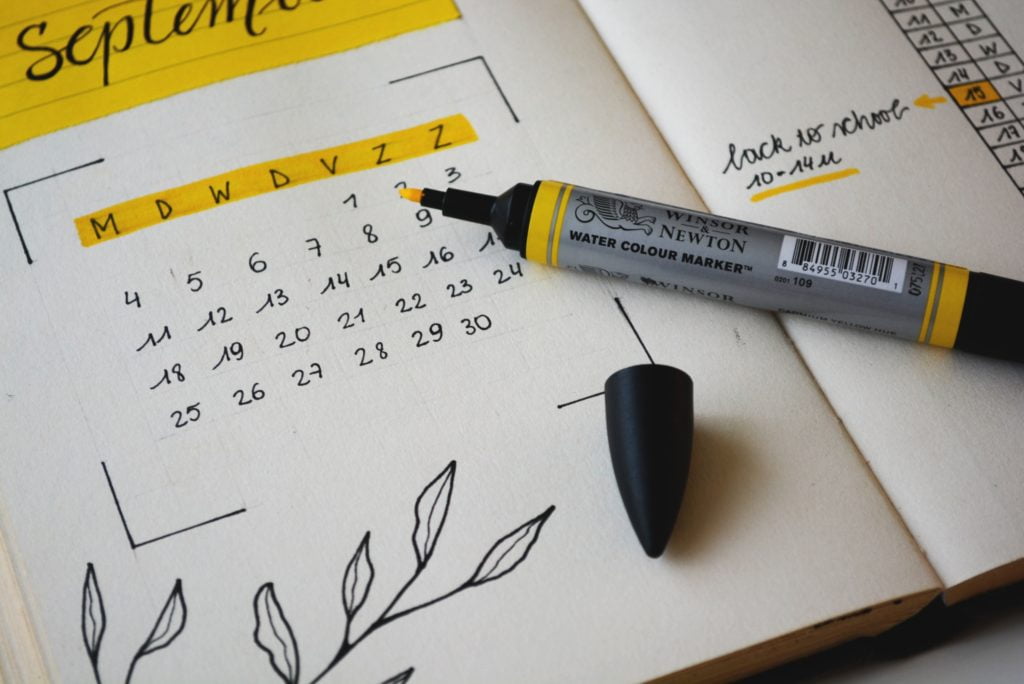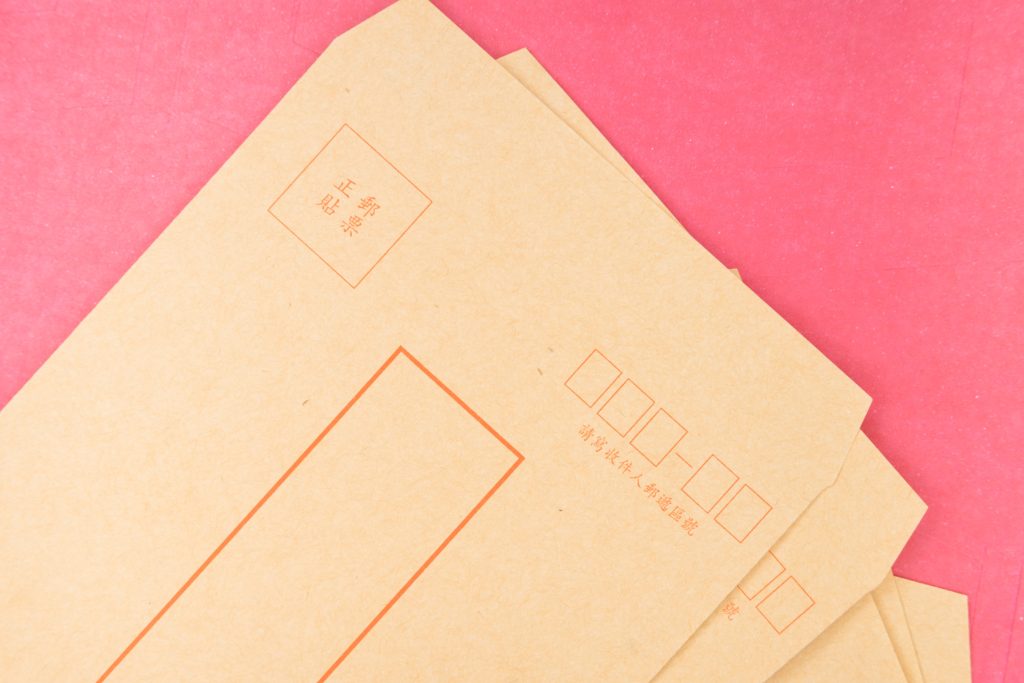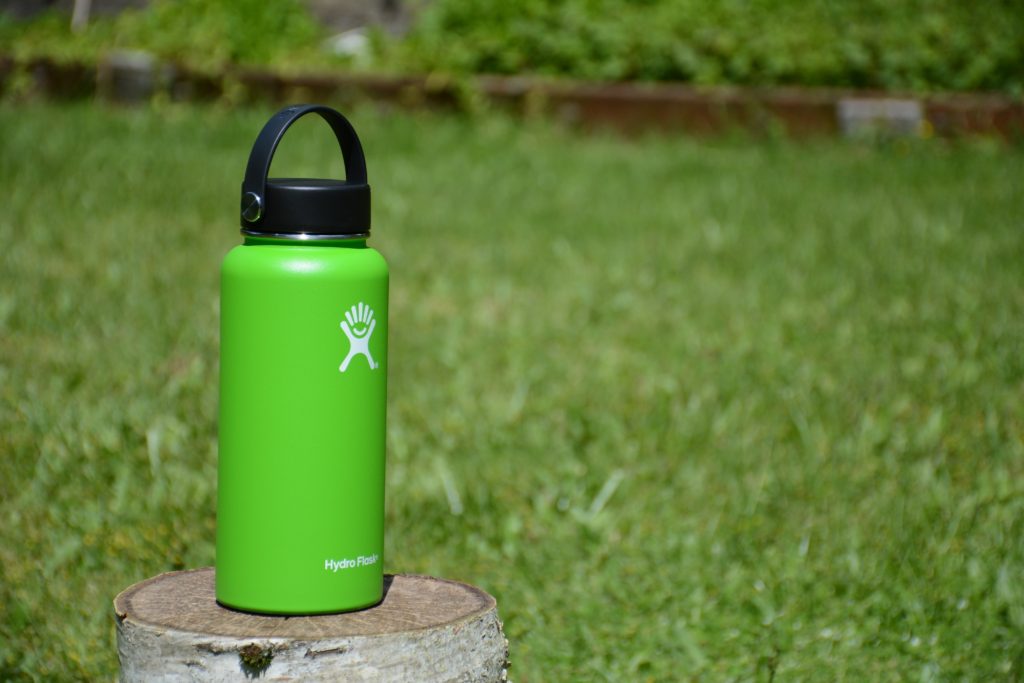Easy Money-Saving Tips To Fund Your Diving Trips
I have always been of the opinion that I would rather be happy than rich. Of course hitting both would be a jackpot, but for me one definitely trumps the other.
So, quite fittingly, I have never had what many would consider a ‘high paying job’. As an Au Pair I would make 130 Euros a week and working in ski resorts around 300 pounds. So saving money and more importantly saving up for trips has always been a big part of my life.
Now with diving a huge part of my life the costs haven’t got any cheaper. So here are my easy tips for you to get out and find you’re happy. Sooner rather than later!
Disclosure: Some of the links in this post are affiliate links. This means if you go through them to make a purchase we will earn a commission. Our aim is to help our readers through these links so everything we promote will be high quality products we personally believe in.
Tip 1) Set A Money Saving Goal
First of have a goal. This is so simple yet so important. It will be your motivator as you’re stashing away pennies and saying no to that new jacket you didn’t really need.
That being said this will only work if it is achievable. So figure out a vague plan to your trip.

Where do you want to go?
Travel closer to home is always going to be cheaper. Flights alone will eat a decent chunk of your cash. If you’re not fussy try to find compromises where you can, opting for locations closer to home rather than further.
The same goes for the type of location. First world countries or major cities are going to be considerably more expensive than rural, local destinations. Just be wary that you’re not making sacrifices on your safety.
Find somewhere with good shore diving. Chances are you will be able to save on boat fees and may even be able to rent the tanks and do it all yourself.
Travel off season. Many diving destinations will have seasons which may be based on whether or migration patterns of key species in their area. It is worth doing some research as sometimes the off seasons can still be a good time to travel. At the same time there will be less over crowding from tourists and there will likely be a low season discount on dives and accommodation. A prime example is the tropical rainy seasons. In some places this may only mean the difference between having a quick daily rain shower in rainy season.
Last but not least, travel cheap! Pick a room in a hostel over a fancy hotel, take local transport and try local food. There is no better way to get a feel for the country you’re visiting.

How long are you going for?
How long you will be travelling for will make a huge impact on the type of budget you have. Naturally less time equals less saving but for many people that’s not the end goal.
Have a look at Visa requirements and factor that in. Take a look at the type of activities you want to do and how much time they will take. Look at the dives you want to do and work out how long you will need to complete them all.
Put these two things together and hopefully you will have some idea of a rough budget. On average a budget for long distance travel is about 1500 dollars a month.
Tip 2) Plan A Budget
So you have your goal. You have 12 months before you leave? Easy! Your monthly savings goal is 1/12 of that total.
Now we can start figuring out where all that elusive cash is going to come from. So first things first you need to get a handle on your finances and no, we were never taught that in school!
Set aside a little time to sit down and track all your expenses. This is a good time to start making note of which things fall under needs and wants. Whilst things like rent and car insurance are definitely considered ‘need’ i’m not quite sure we could say the same for your monthly magazine subscription you never read.
Cut the things you find on your want list or if you really really want it, find a way to cut down on the cost. (We will come back to that in a bit).

One method that some have found works really well is the money envelope system.
How it works:
- Decide on the money that needs to be spent each month, separated into categories. EG. Fuel, Food, Rent, Shopping, Gifts, entertainment & dining out etc
- Set a budget for the sections and try to be strict
- Get an envelope or plastic wallet for each category and put your budgeted cash into each one
- Spend the money from the envelopes and don’t dip into the money you set aside as savings.
- At the end of the month take all the excess cash left tin the envelopes and transfer them to savings.
This way you get a lump saving each month plus the extra from the envelopes! If you prefer the online method of doing things banks like Monzo also allow you to set up ‘money pots’ which act in the same way.

Savings Bingo
By far one of the most fun ways you can start saving towards your goal is by playing a game of savings bingo.
Start by dividing up your goal amount into random figures, preferably enough so that you have a number for every week until you leave. Then write each figure on an empty envelope.
You can then play one of two ways, either choosing at random or picking a figure you think is achievable for you that week.
If your still confused as to how it works moneysavingcentral.co.uk have a fun (and free) printable to save 1000 pounds in 52 weeks

Keeping a Coin Jar
Remember small things also add up so if you don’t like adding up all the coins then place them into a jar and cash them in when it gets full. A handy (and motivational) tool for this is a coin counting jar which adds it all up as you go. Simple and yet super effective.
Tip 3) Buy Right
Just because you’re scrimping and saving doesn’t mean you should go around with holes in your shoes or never treat yourself to something nice. But that also doesn’t mean you need to buy out the contents of amazon.
More and more over the years I am falling in love with the idea of minimalism. Buying one reliable, good quality and versatile item instead of hundreds. And although it does take a bit more out of your budget initially it will save you in the long run and is a lot more sustainable.
So take a bit of time to sort through your wardrobe and be really strict with yourself! Try and narrow down to the most useful items and get rid of the things you don’t wear very often or even not at all. Split these items into two piles, one for selling on and another for giving away.
If you are unsure about some items then box them up and leave them. Come back in a month or two and decide if you rally missed anything from the box. It is a good indicator of how useful the clothes in your wardrobe really are to you.

Buy Green
Another aspect of buying right links very closely to to buying green. By switching out more disposable aspects of your life to more reusable ones you also save a bit of cash. Good examples of this are:
- Shampoo bars which cost, lets say on average 5 dollars and can last 2-3 months. Curious? Then find out more on how you can switch.
- A Reusable water bottle which can save you a countless number of plastic bottle purchases. With more places including city centres and airports offering free refills the bottle will more than pay for itself. Popular models include the Hydro flask and Ocean Bottle.

Buy Second Hand
Another way to keep the quality and save some cash? Buy second hand of course! You can often find good deals on second hand stuff and if its good quality then you probably won’t be compromising too much in the process. In fact my sidemount gear is all second hand, barely used and I got it for half the price!
If you’re really lucky then its even possible to find stuff for free on sites like freecycle or even by searching ‘free’ in facebook marketplace.
Get Cashback
A stupidly easy way to save money is by getting a little cash back what you would usually purchase online. It really is an incredibly simple way to save a little extra. All you need to do is go to websites like toipcashback.com and Quidco.com, search for your online shop, click the link and continue as shopping normal.
Even if you don’t do a lot of online shopping, it is worth taking a look when you come to start booking your trip as a lot of major travel companies are on there like sky scanner, expedia and more.
Loyalty Schemes
We all know the ones. Supermarkets, coffee shops and a number of online businesses all offer loyalty schemes and just by going about your normal day you could be pocketing the points.
Just another small way you could be earning free money or products at no extra cost to what you already spend on your shopping.
You could even go one step further and sign up for an air miles credit card.

Tip 4) Sell, Sell, Sell
So hopefully by this point you have some idea of the things you can’t live without and what you can. So why not try for some extra cash by selling some of the things you don’t need?
Sites like eBay or Facebook marketplace make selling very easy. Facebook groups are also a good place to try. A few pics and a small description later and you’re all set.
After uprooting and moving to Asia this way one of my main methods of making a bit of extra cash from my unwanted stuff. In the end I managed to make a few hundred pounds.
Tip 5) Make Small Changes
So now we come to the part where we start to tackle those pesky expenses. Making small changes to your everyday spending can make surprisingly big impacts to your bank account.
Give up Smoking/Alcohol
It is estimated that the average smoker will spend 3000 pounds a year in the UK. So safe to say giving up could not only save your lungs but also save your wallet.
Its a similar story with alcohol with the average briton spending around 700 a year on drink.
Not that I’m telling you how to lie your life ( I mean I’m no saint myself) but if your strapped for cash and highly motivated then its a good resource to tap.

Cook your own Food
Cooking your own food doesn’t need to be complicated or hard. In fact the best tip I can give those who are trying to save and do it simply is invest in a slow cooker! My favourite so far has been the Morphy Richards 3.5L (we even managed to travel with it it’s so light!) But if that’s not for you then you can always try out these other options.
Plan your meals ahead. Sweetpesandsaffron.com have some easy and tasty ideas and I love the zero-waste packing suggestions. Then freeze them and when you need them whack them in the slow cooker and you’re good to go.
When your planning your meals look to bulk buy the basics: shopping seasonally can also save you as fruits and veg tend to go up in price out of season. Although I am a big fan of meat (sorry veggies I couldn’t live without it) reducing it in your diet can also help pinch those pennies. Try and bulk up on carbs and make your meals extra saucy.
Making your own also docent mean you need to give up on the foods you love. Some take out meals can be surprisingly easy to make.
While you’re at it pack yourself a lunch. Cheap and cheerful.
Work out from Home
Cancel that expensive gym membership you never use and work out in the comfort of your own home. There are plenty of easy and equipment free youtube videos to follow along to. My favourites being MadFit which are so fun, effective and take hardly any time at all.
Change up your Transport
Do I even need to explain? Car share, take a bike, take the bus. Sell your car or save by not having to buy one in the first place.
Minimise Entertainment Expenses
Try to substitute expensive entertainment with free alternatives. Go to places that open for free, museums are a good example. Get into nature and explore the outdoors or simply invite people over. There are so many things you can do from the comfort of your own home like:
- Home Cinema
- Games nights
- Painting parties
- Teach yourself a new creative hobby
Other ways to cut save on your bills is by cutting your landline, most people have mobiles now anyways. While your at it ditch your TV subscription, the internet is stuffed with free entertainment nowadays.

Tip 6) Make Big Changes
If you’re really trying to reach your saving goals then maybe it’s time to make some of those bigger changes. Understandably these options may not be possible for everyone.
Rent Your Space
Some people have made a decent amount of cash renting out their spare space. This could be anything from a parking space or spare room to your entire apartment. Sites like Airbnb are a reliable and popular choice.
You could even rent it out whilst your away on your trip.
Buy Your Own Gear
Again for most people this is a big step and may not be the best option for everyone as scuba gear can really add up (roughly 1 -2000 dollars). However the savings in the long run can be pretty amazing. Not to mention there is no second choice when it comes to your comfort.
Renting gear is of course the cheaper option if you are a very infrequent diver. But of course the more you dive the better it is to buy your own. Try going for second-hand if your trying to pinch the pennies.
Tempted? I know it doesn’t take much so if your sold already we have the perfect beginners buying guide for you!
Pick Up A Second Job or Side Hustle
So to finish this post up with something that could add a big cash injection in your savings and that is getting a second job! Even it is just a few hours a week you could be seriously boosting your saving goals.
Haven’t got a clue? How about…
- Babysitting/childcare. A good option for young people and those with childcare experience.
- Tutoring. Put all those qualifications or special skills to good use and tutor someone (or a few someones) once a week. If you have a few people you could even organise group classes.
- Dog walking/Pet sitting. A pretty easy and cost free enterprise.
- Sell your crafts. Good at sewing? Pottery? Crochet? Woodwork? Painting? Jewellery making? Then why not offer them out. Sites like etsy are great for this or even with a business page on facebook. If you’re not into tech you could also go the more traditional route and open a stall at local fairs.
- Freelance writing
- Graphic design
- Computer programming
- Virtual assistant
- Langauge translation
- Blogging
The beauty of working online is that you may not even need to stop when you go away (internet access dependent) meaning there will be income coming in all the time you are travelling.
Then when all else fails and you can’t or don’t really want a second job then why not ask for a raise in your current one. Either that or look around for a higher paying one.
So Start Saving Today!
So those are our tips and the things we have found super useful over the years. Hopefully they will get you the results you want and more importantly out of the door and exploring the world.
Got any creative ideas we haven’t mentioned? Get in touch in the comments below and share your best saving hacks.
Like this? Then help us grow a little and give it a share. Your voice is louder than you think!
Related Posts...
Want More?
Sign Up for updates straight to your inbox! Woohoo!


Thanks for sharing, this is a fantastic blog post. Much thanks again. Great. Alika Hurleigh Andriette
Thank you Alika, glad that you found it helpful. Hopefully, we can get some more posts out soon to help get people back in the water.